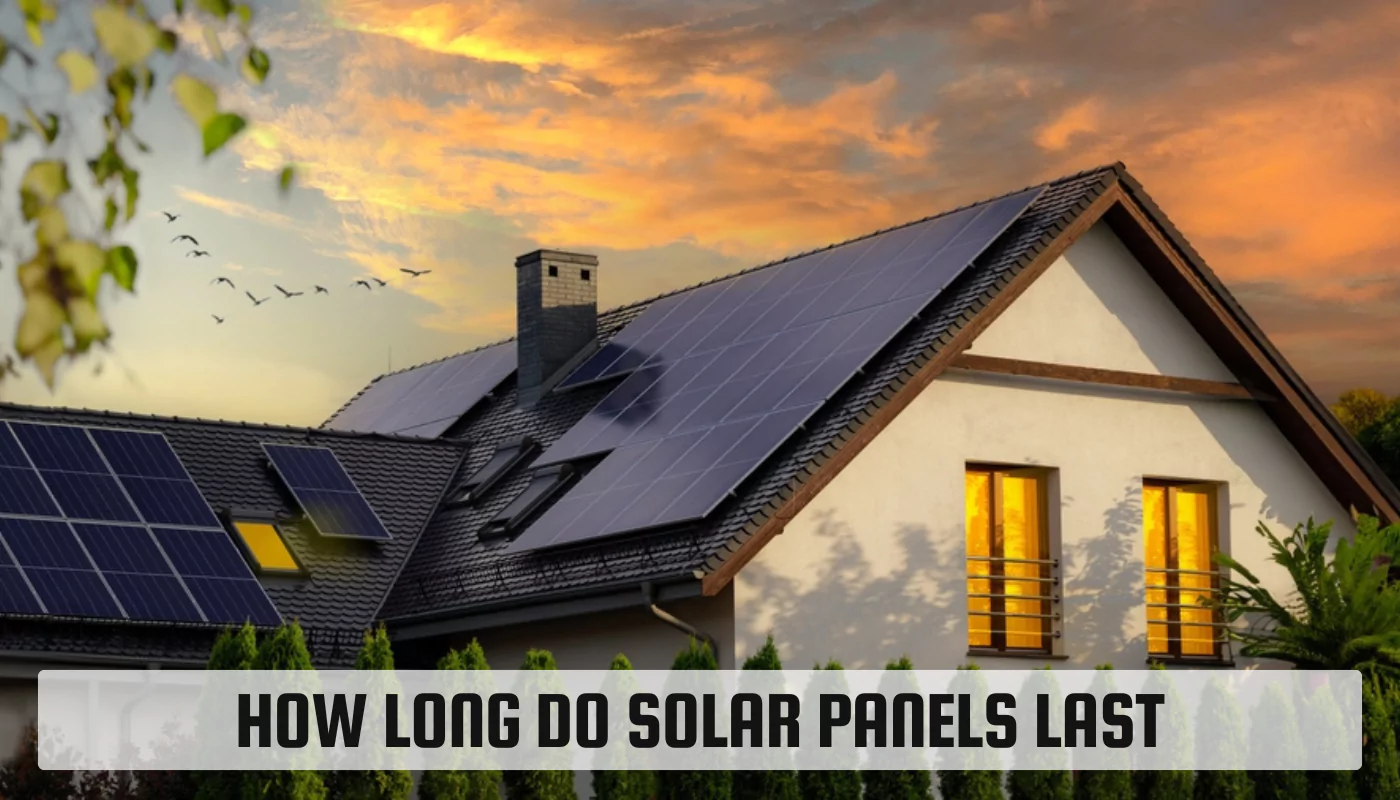How Long Do Solar Panels Last? (2024 Lifespan Guide)

Solar panels are a fantastic investment for eco-conscious homeowners, generating clean electricity for decades. But like any appliance, they have a finite lifespan. So, how long can you expect your solar panels to keep producing energy?
In general, most solar panels boast a lifespan of 25 to 30 years. This impressive longevity is backed by warranties offered by reputable manufacturers, typically guaranteeing at least 80% power output for 25 years. However, several factors influence how long your solar panels will function optimally.
Key Factors Impacting Solar Panel Longevity
Several key factors affect the lifespan of your solar panels:
- Panel Quality and Durability: The quality of materials used in the panel significantly impacts its longevity. Higher-grade silicon wafers and robust frames ensure better resistance to harsh weather and degradation.
- Correct Installation Practices: Proper installation is crucial for optimal performance and lifespan. A well-trained and certified installer ensures panels are positioned correctly for maximum sun exposure and secured to withstand wind and hail.
- Climate Effects on Solar Panels: Extreme temperatures can affect panel efficiency. Excessive heat can shorten the lifespan, while extreme cold can impact power output. However, modern panels are designed to function effectively in a wide range of climates.
- Regular Maintenance Requirements: Regular cleaning and maintenance are essential for maintaining peak performance. Dust, dirt, and debris buildup can reduce sunlight absorption, thereby affecting electricity generation.
Enhancing the Lifespan of Your Solar Panels
By following these practices, you can maximize the lifespan and efficiency of your solar panels:
- Maintain and Clean Panels Regularly: Schedule professional cleaning at least once a year, especially if you live in a dusty or polluted environment. You can also perform basic cleaning with water and a soft brush in between professional cleanings.
- Adhere to Scheduled Maintenance: Some manufacturers recommend additional maintenance checks every few years. These checks ensure proper functionality and identify potential issues early on.
- Select Reputable Installers and Premium Equipment: Investing in high-quality panels from a reputable manufacturer with a proven track record ensures you get durable products. Opting for a certified and experienced installer guarantees a professional job that optimizes panel performance and longevity.
Understanding Warranties and Guarantees for Solar Panels
Most solar panels come with two warranties:
- Performance Warranty: This warranty guarantees a minimum power output for a specific period, usually 25 years. For instance, an 80% performance warranty ensures your panels will produce at least 80% of their original capacity after 25 years.
- Product Warranty: This warranty covers defects in materials or workmanship, typically lasting 10 to 12 years. It ensures the manufacturer will repair or replace faulty panels within this timeframe.
Guidelines for Replacing Solar Panels and Options for Recycling
While solar panels can last for decades, their efficiency will gradually decline after the warranty period. If you notice a significant drop in electricity production, it might be time to consider replacing your panels.
The good news is that solar panel recycling is becoming increasingly accessible. Many manufacturers and recycling facilities specialize in processing old panels, recovering valuable materials like glass, aluminum, and silicon for reuse in new products.
Conclusion
Solar panels are a long-term investment in clean energy generation. By understanding the factors affecting their lifespan and following proper maintenance practices, you can ensure your solar panels provide reliable and efficient energy production for many years to come. When the time comes for replacement, responsible recycling options are available to minimize environmental impact.









